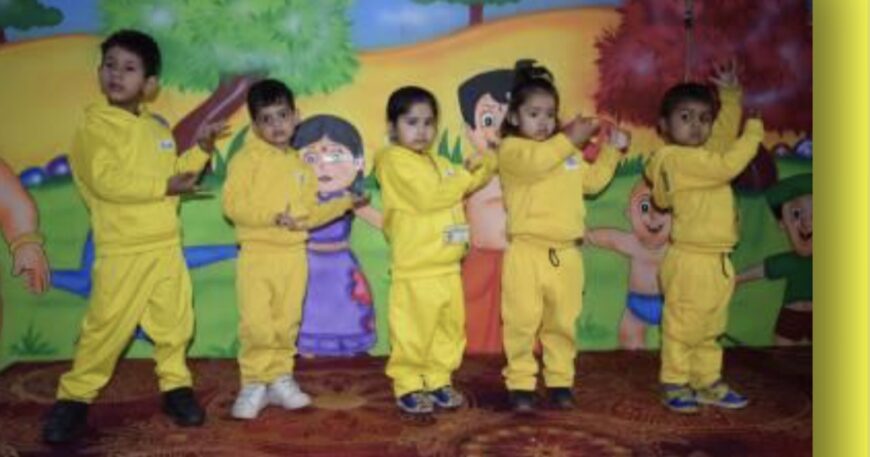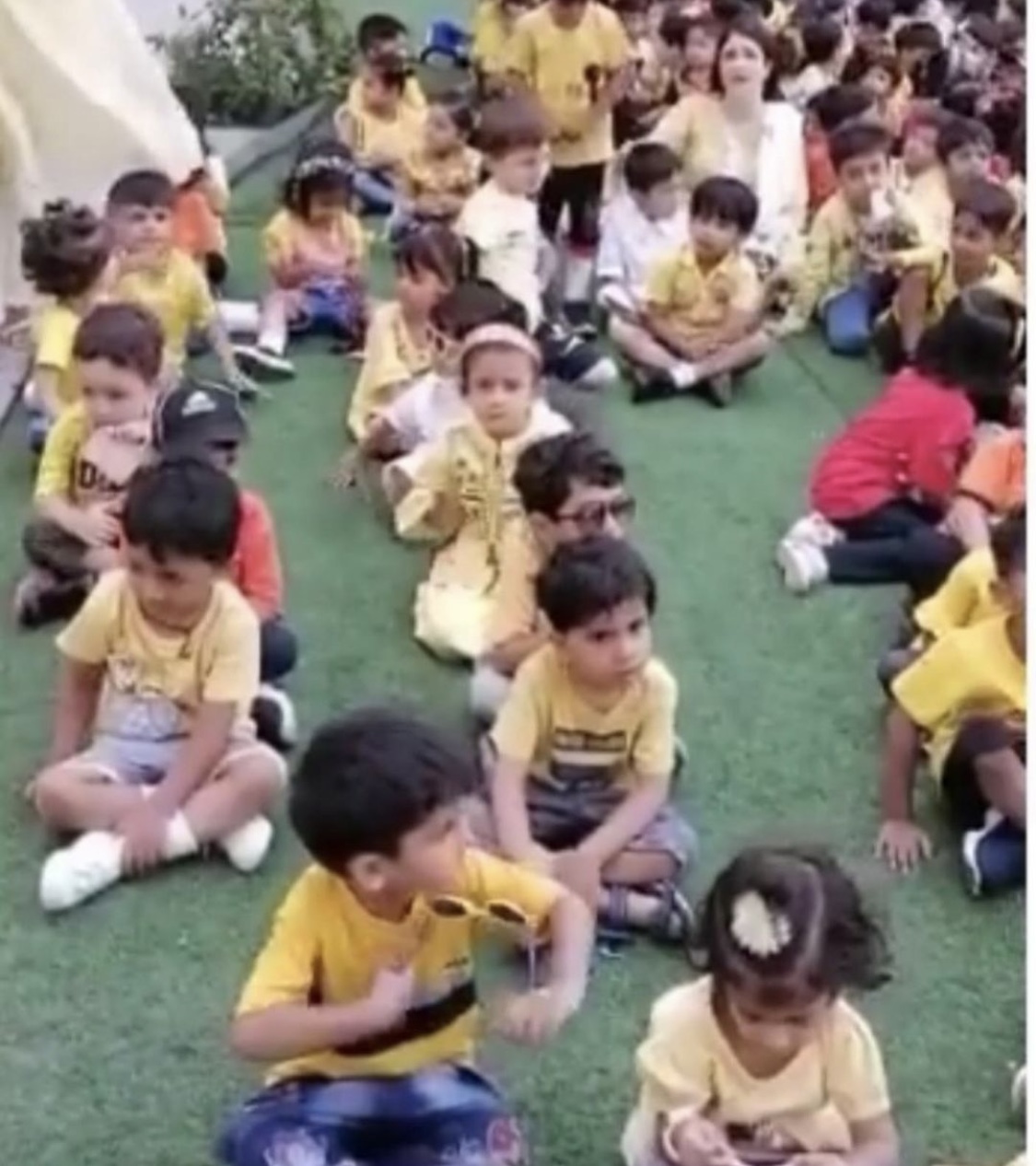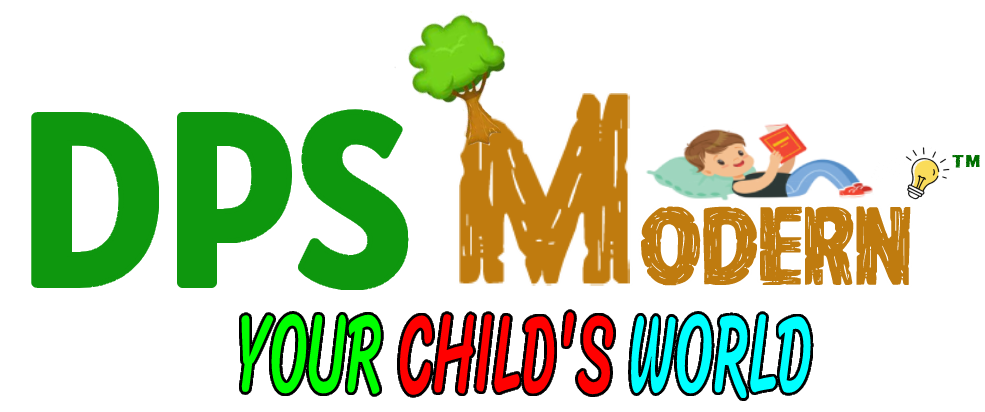
Play is a natural part of childhood, and it is also an essential component of learning. In this blog post, we will explore the benefits of play-based learning in preschool and how it can help children develop social, emotional, and cognitive skills. Play-based learning involves using play to teach children new concepts and skills. It can take many forms, such as dramatic play, games, and outdoor activities. This type of learning is fun and engaging, which makes it easier for children to retain information and develop a love for learning.
One of the main benefits of play-based learning is that it promotes creativity and imagination. Children are free to explore and experiment with new ideas, which allows them to think outside the box and come up with unique solutions to problems. This type of open-ended play also helps children develop their language and communication skills, as they learn to express themselves and interact with others.
Another important benefit of play-based learning is that it promotes social and emotional development. Children learn to share, take turns, and work together as they engage in play activities. They also learn to identify and manage their emotions, which helps them develop self-control and empathy for others. Play-based learning can also help children build confidence and self-esteem, as they take on new challenges and succeed in their play activities.
Play-based learning also supports cognitive development by promoting critical thinking and problem-solving skills. As children engage in play activities, they are constantly making decisions and solving problems, which helps them develop their cognitive abilities. They also learn to classify, compare, and contrast information, which helps them develop their analytical skills.
Finally, play-based learning in preschool can help children develop a love for learning that will stay with them throughout their lives. By making learning fun and engaging, children are more likely to develop a positive attitude towards education and continue to pursue knowledge as they grow older.
In conclusion, play-based learning is an essential component of early childhood education. It promotes creativity, social and emotional development, cognitive development, and a love for learning. By incorporating play into their learning activities, preschool teachers can create a positive and engaging learning environment that sets children up for success in the future.















